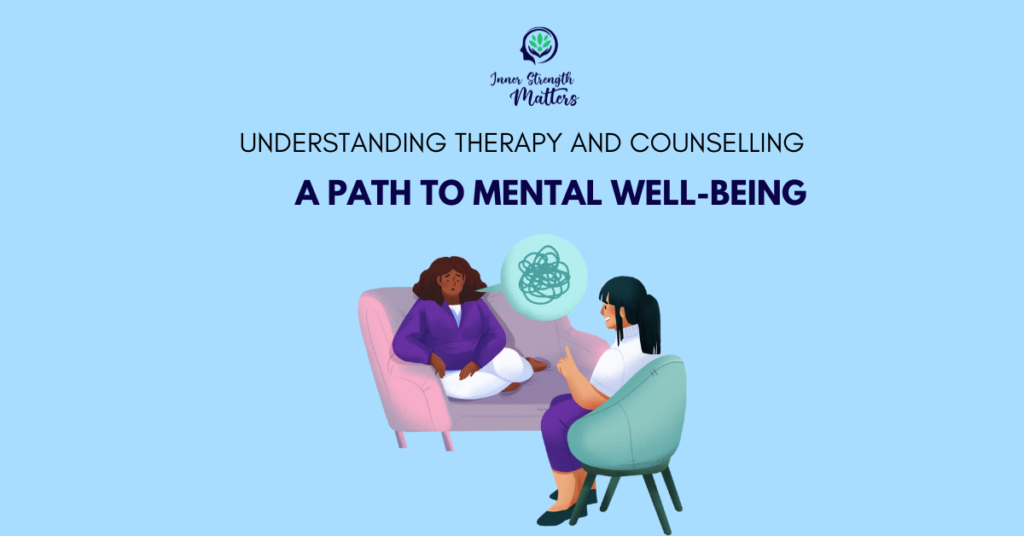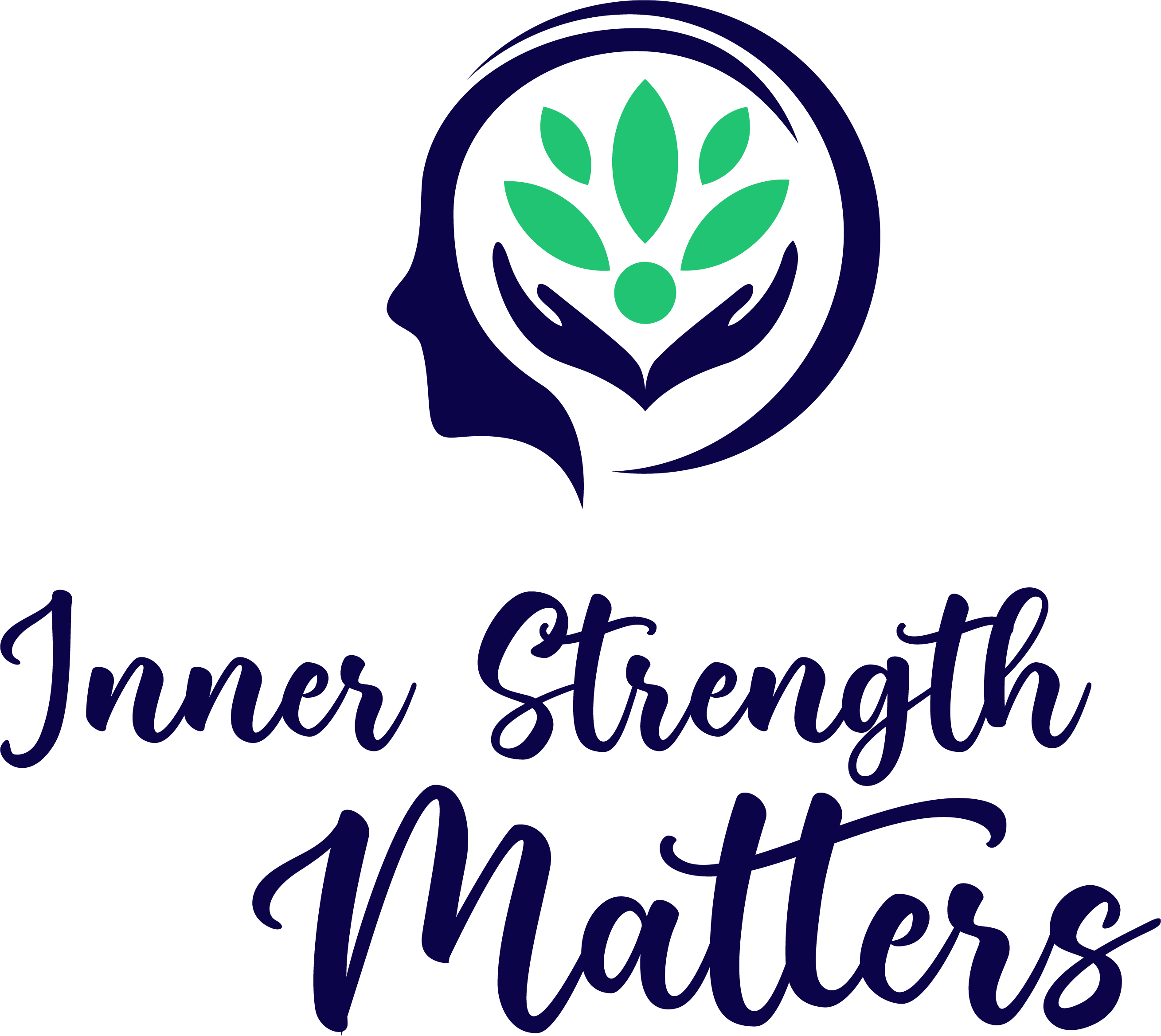In today’s fast-paced world, where challenges often arrive unannounced and emotional burdens grow silently, finding a path to clarity and peace of mind becomes essential. Conversations about mental health have become more open and inclusive, leading more people to seek support when navigating difficult life circumstances. One such path to emotional healing and personal growth is through therapy and counselling.
This process is not just for those in crisis—it’s for anyone striving to build a healthier relationship with themselves and others. Emotional well-being, just like physical health, requires attention and care. Through structured support, individuals can develop coping strategies, gain insight into their emotions, and foster a more balanced mindset.

What Brings People to Counselling?
There isn’t a single reason someone may seek help. Life is filled with transitions, stressors, and unexpected turns. Whether it’s anxiety, grief, relationship issues, low self-esteem, or the impact of past experiences, having a safe space to process emotions can be transformative.
People also come to explore personal development, make meaningful life decisions, or understand long-standing behavioral patterns. The need is not defined by how severe a situation is but by how deeply it affects one’s ability to live fully and authentically.
The Foundation of a Supportive Environment
At the heart of successful counselling lies a trusting and non-judgmental relationship. A good practitioner offers more than just advice—they listen with empathy, challenge when necessary, and guide individuals toward their own insights. The process is collaborative; the client remains the expert of their own experience.
Confidentiality, mutual respect, and consistency form the core of this relationship. The role of the professional is not to “fix” someone but to walk alongside them as they untangle thoughts and emotions, recognize patterns, and set goals aligned with their values.
Different Approaches to Healing:
There are various methods to support emotional and psychological growth. Each person’s journey is unique, so finding an approach that aligns with their needs is essential. Some of the widely practiced approaches include:
Cognitive Behavioral Approach:
This model focuses on identifying unhelpful thoughts and replacing them with healthier thinking patterns. It is especially effective for those dealing with anxiety, depression, or obsessive behaviors.
Humanistic Approach:
Centered on the individual’s capacity for self-awareness and personal growth, this model emphasizes empathy, authenticity, and unconditional positive regard.
Psychodynamic Approach:
Rooted in the exploration of unconscious processes and past experiences, this method helps individuals understand deep-rooted emotional conflicts that influence present behavior.
Solution-Focused Brief Counselling:
This goal-oriented model emphasizes strengths, resources, and quick progress toward specific changes. It’s practical for individuals who seek clarity in shorter durations.
Integrative Approach:
Many practitioners blend techniques from different schools of thought to best address the unique needs of the client.
It’s important to understand that no one approach is universally superior. The effectiveness depends on the issue at hand, the personality of the client, and the rapport established in the sessions.
When Is the Right Time to Seek Support?
There’s no rulebook that tells us when we need emotional support. However, certain signs suggest it may be beneficial to talk to someone: persistent feelings of sadness or anxiety, difficulty concentrating, emotional numbness, withdrawal from loved ones, or feeling overwhelmed by even minor challenges.
Sometimes the desire to seek help stems not from distress, but from a yearning to understand oneself better, explore aspirations, or improve communication skills. Whatever the motivation, seeking guidance is a sign of strength, not weakness.
Conclusion:
Understanding therapy and counselling is not about labels or diagnoses—it’s about human connection, growth, and the courage to explore one’s inner world. The process can be deeply enriching, offering not just relief from distress but a renewed sense of purpose and alignment.
If you’ve ever wondered whether seeking support could help you, know that the answer doesn’t have to come in a moment of crisis. The decision to reach out can be one of the most empowering steps you take toward your well-being.
In the quiet space of a conversation—free from judgment, filled with empathy—many find the clarity and strength they’ve been seeking all along. Emotional wellness isn’t a destination; it’s a continuous journey. And you don’t have to walk it alone.
